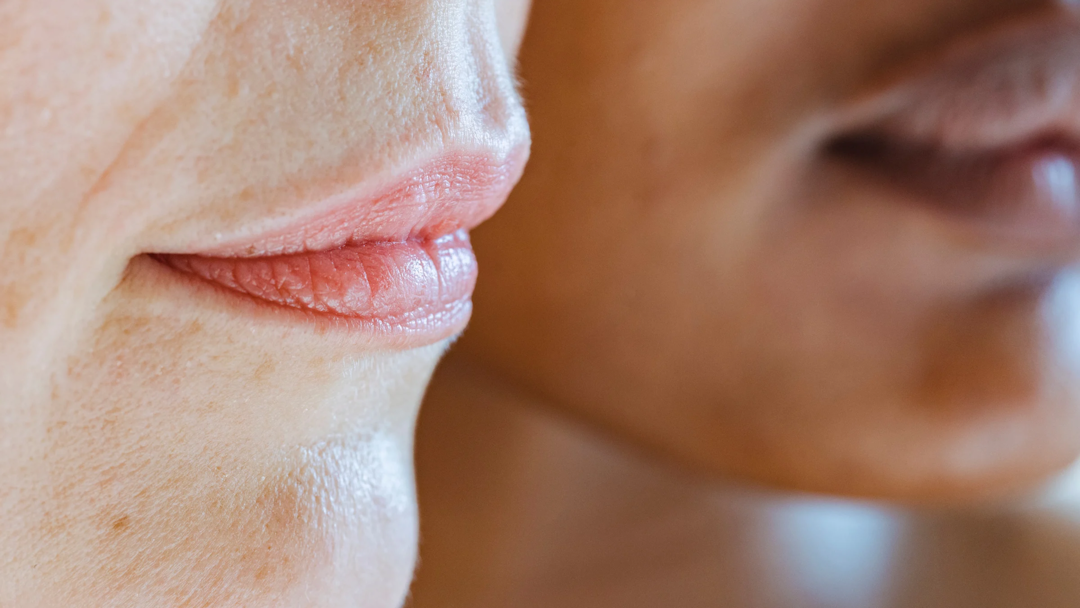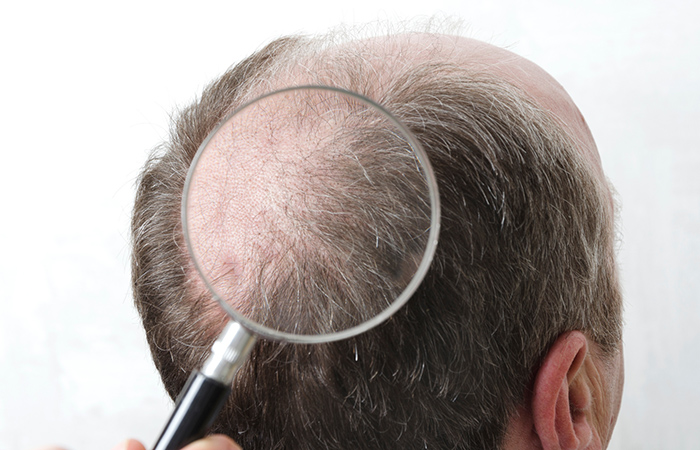Struggling with red, flushed skin on your face? Rosacea is a common skin condition that causes redness and bumps. This blog will explain what rosacea is and share simple ways to manage it.
Discover how small changes can make a big difference.
What Is Rosacea?
Rosacea is a skin condition that causes redness, flushing and bumps—mainly on the face. Many people mistake it for acne or sunburn, but it isn’t the same and so it needs the right treatment.
Common symptoms and causes
Facial redness appears first, often across the cheeks and nose. Red bumps or papules, pimples like acne, and tiny post spots appear too. Tiny “broken” blood vessels called telangiectasia show up too. Some people feel stinging or burning; others notice dry skin, swelling or thickened skin on the nose known as rhinophyma.
Vascular lesions may appear over time. Eyes can get sore, bloodshot, swollen or sensitive to light; in rare cases there is even risk of vision loss with ocular rosacea.
Triggers spark flareups fast—alcohol, spicy foods, hot drinks like tea and coffee make things worse for many. Sunlight causes trouble; so do extreme heat or cold temperatures and stress at home or work.
Exercise that raises your heart rate quickly also sets it off sometimes. Certain skincare products bring on symptoms in those with extra skin sensitivity; hormonal changes add to the problem for some people too.
How Can Rosacea Be Treated?
Doctors can treat rosacea with creams, pills or laser therapy—each method helps to ease redness and calm inflammation, so keep reading to find out which option fits your skin best. which option fits your skin best.
NHS Treatments:
You don’t always need to seek private help to manage your rosacea symptoms. There are various treatments available in the NHS such as topical treatments and oral antibiotics.
PROS:
⁃ Free / cheaper treatments
CONS:
⁃ Not all GPs know how to treat rosacea effectively, therefore you may not your rosacea condition get managed efficiently
⁃ Limited treatment options
⁃ Needs prolonged courses of treatments such as antibiotics which may not suit many due to potential side effects
⁃ No personalised treatment options
Treatments Available at Rejuvena
With Dr Nick’s dermatology background, and his years of NHS & Private dermatology experience, he is able to offer you a variety of treatments that does not involve oral antibiotics. Here are some of the options
Topical Skin Care
Rosacea sufferers have a very sensitive skin, and therefore they need a personalised skin care regime. Following a thorough consultation with Dr Nick, he will be able to advise specific skin care products selectively chosen for your skin needs. Some of these products are specially made (compounded) for you in the lab with Dr Nick’s instructions to the lab. They are personalised and selected just for your type of rosacea.
We also stock medical grade skin grade brands like ZO (Zein Obagi) and one of our favourite skin care product in this range for Rosacea is Rozatrol. It not only reduces redness associated with rosacea but also calms & soothes the skin.
Another important step in Rosacea management is sun protection using sunscreens with SPF 30-50. But not all sunscreens are suitable for rosacea sufferers. With Dr Nick’s expertise he would be able to advise you what would be the right sunscreen for your skin type and issue.
Topical medications form one part of rosacea management, especially for mild to moderate cases.
Laser therapies at Rejuvena Laser & Aesthetics Clinic
Laser & Light therapies at Rejuvena Laser & Aesthetics Clinic target papules, pustules, skin redness and visible blood vessels. Light zaps the skin, making tiny veins fade and reducing facial flushing. Some people need more than one treatment session for good results. The Lumecca Peak IPL treatment is particularly effective at treating Rosacea, laser pulsed areas naturally heal and regenerate, resulting in a more even skin tone, reduced redness, and a brighter complexion.

Many find it helps with rosacea when creams do not work well enough.
Another fantastic treatment that works wonders is Nd:YAG laser treatment, you can see from the images below how effective this treatment can be:


Tips for Managing Rosacea
Simple changes—like avoiding triggers and keeping a gentle skincare routine—can help you take control, keep reading to learn how.
Avoiding triggers
⁃ Alcohol, spicy foods, and hot drinks can lead to redness or flareups in people with rosacea.
⁃ Sun exposure and extreme temperatures also make irritation worse. Staying out of strong sun or using a hat helps protect your skin from inflammation. Try to keep cool indoors during heat waves, as both heat and cold can upset sensitive skin.
⁃ Use only gentle skincare or hair products; harsh chemicals raise the risk of sensitivity and discomfort.
⁃ Stress is another big trigger for many—deep breathing or meditation often help bring calmness and reduce flareups.
Spotting these triggers early lets you avoid them for better control over your symptoms… Next up: how starting a simple skincare routine can soothe your skin and maintain good hydration levels.
Adopting a skincare routine
After avoiding triggers, you need to care for your skin every day.
⁃ Choose gentle skincare products that work for sensitive skin. Look for moisturisers and cleansers marked as hypoallergenic. This helps protect the skin barrier and keeps inflammation low.
⁃ Apply a broad-spectrum sunscreen with SPF 30 or higher before going outdoors, even on cloudy days.
⁃ Pick fragrance-free mineral powders if you use makeup; oil-free foundations also help prevent flareups.
Stick to simple steps and avoid harsh treatments that might stress your skin further.
Conclusion
Rosacea can make the skin feel hot and look red. It needs care, as there is no cure yet. Many people control it with creams or laser treatment. Spot your triggers early and use gentle skincare to help calm flare-ups.
Speak with a skin expert at the Rejuvena Clinic for extra support—help is available if you need it.


